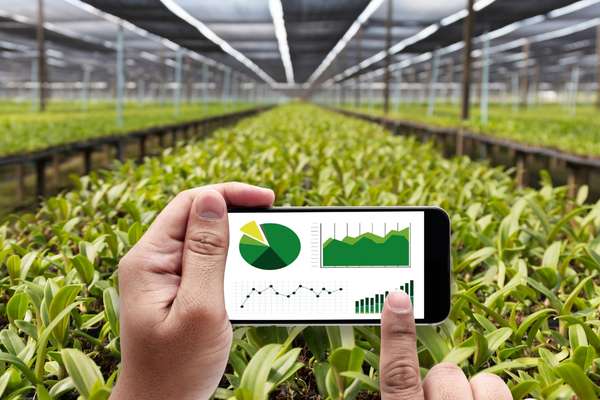
An MBA in Agribusiness Management is a specialized program designed to equip professionals with the skills and knowledge needed to excel in the agricultural sector. This program integrates traditional business management principles with a specific focus on the unique challenges and opportunities presented by agribusiness. Students in this program gain a comprehensive understanding of the agricultural value chain, from production and distribution to marketing and agri-finance. The curriculum of an MBA in Agribusiness Management typically covers a diverse range of topics, including agricultural economics, supply chain management, farm management, rural marketing, and sustainable agriculture. Through a combination of theoretical learning and practical applications, students develop the skills necessary to navigate the complexities of the agribusiness sector. The program often includes field visits, internships, and collaborations with industry partners, providing students with hands-on experience and exposure to real-world agribusiness scenarios. Graduates of an MBA in Agribusiness Management are well-prepared for leadership roles in agricultural production companies, agri-input firms, food processing industries, agri-marketing organizations, and agricultural finance institutions. They are equipped to make strategic decisions that enhance productivity, improve supply chain efficiency, and contribute to the overall growth and sustainability of the agricultural sector. The program also emphasizes the importance of technology adoption, market analysis, and addressing challenges related to food security and rural development. In a world where sustainable agriculture and food systems are critical for global well-being, professionals with expertise in agribusiness management play a crucial role. An MBA in this field not only enhances career prospects but also empowers individuals to contribute to the development of resilient and sustainable agribusiness strategies. Overall, an MBA in Agribusiness Management positions graduates as strategic leaders capable of driving positive change in the agricultural sector and ensuring food security for growing populations.